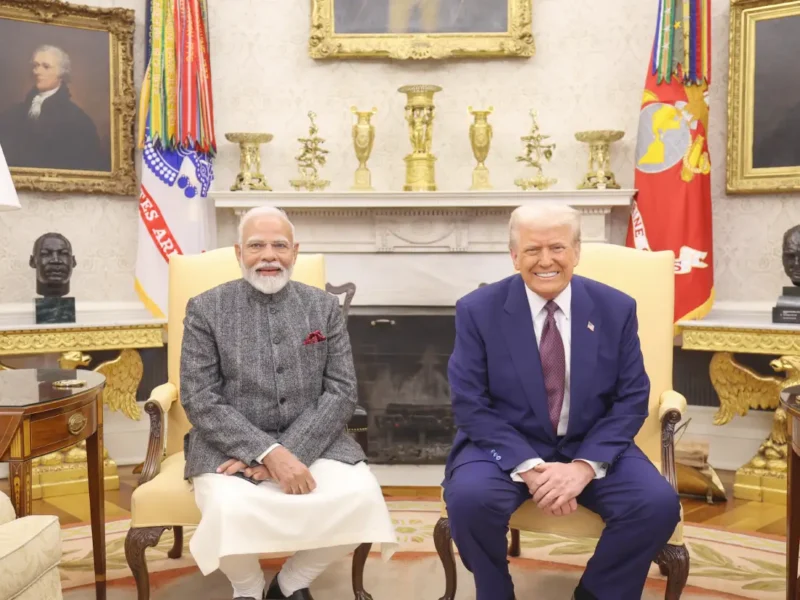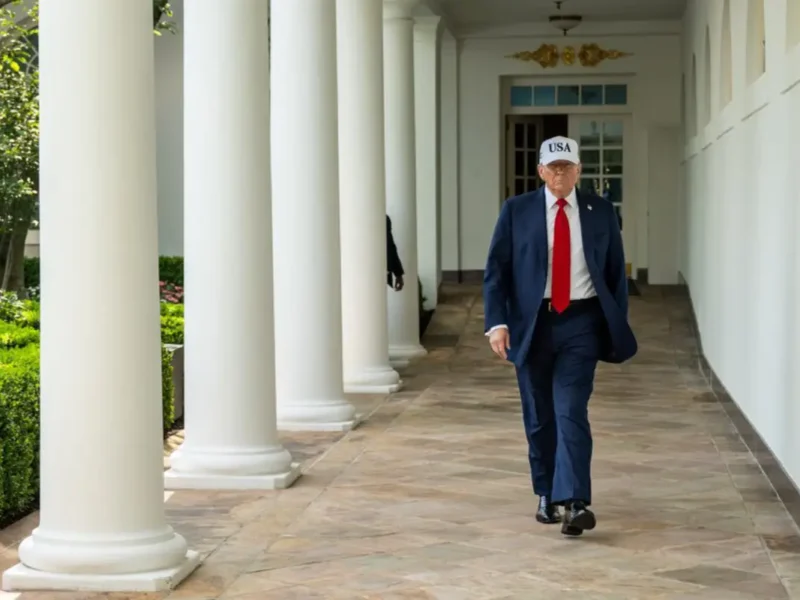
Catholic Feast Day And India’s Independence Day – A Happy Coinciding
By Neera Kuckreja Sohoni
India’s Independence Day has come and gone and therefore it may seem of no news value to address its significance. However, an irritating sanctimonious opinion (https://indiawest.com/i-cannot-celebrate-indias-independence-day-again/) is a compelling reason to pen the following rejoinder
In the current age when rage comes to us more readily than goodwill and compassion for each other and there is fading respect for our past legacy, our leading institutions such as nation, faith, and family are losing their hold on us.
We tend to turn agnostic and iconoclastic to a large extent because it is tougher to live our lives with discipline and to pursue our aspirations and wants with restraint. It is easier for us to feel and convey our rage to all and sundry than to offer to understand, appreciate, and embrace them. Our desires seem to be more demanding and compelling than God’s command and the Nation’s call to us. No wonder then that the current age is witnessing maximum challenge to the sanctity and existence of what once held us together – the ties of family, nation, and shared ethics.
August 15 has a unique value for India and Indians. It is the day when in 1947 India became independent after being enslaved initially by a puny British trading company, and from 1858 onwards, by the Imperial British crown. This year, however, a new light for this author was shed on the significance of August 15 with the realization that the date commemorates not one but two events – the second being the Latin Catholic Feast of the Assumption. Also known as Assumption Day, it commemorates the belief that when Mary, the mother of Jesus Christ, died, her body was “assumed” into heaven to be reunited with her soul, instead of going through the natural process of physical decay upon death.
There are uncanny similarities to be seen between a political and a spiritual event. Both represent the longing of human beings to free themselves from the torturous chains of subjugation. While faith focuses on liberating our souls and freeing us from sin, independence seeks to free a people physically, psychologically, and politically, from alien rule. There is eternal hunger in us human beings to seek and realize the larger truth and to work both towards our salvation as an individual, and our deliverance as a nation.
Faith in God regardless of what form God takes is basic to human survival. Faith in the flag likewise carries more than symbolic value. It is real – like one’s heartbeat.
Both religion and nationalism are meant to elevate us to a higher level of consciousness and conduct, and to appreciate and respect our commonality. By claiming superiority of one faith or nation over another, we are merely flouting the prime principle of the unity of the Godhead and the one-and-sameness of the human race, overlooking the incontestable fact that while we may be and are of different color, black, white or brown, but inside us the blood that flows is of the same red color.
Sadly, setting aside the truth of our sameness, we are ever ready to build walls and carve up humanity along the superiority inferiority graph. The divisive instinct is so strong that it is forever pushing us into mutual denigration and ostracization, eventually putting us on the path to our individual and collective destruction.
This year, on Catholic Feast Day, Archbishop Salvatore Cordileone of San Francisco was asked by a TV anchor to explain why the Day was special and how Catholics can best observe it. His answer was brief, and simple, but deep in its message. He asked Catholics to adopt a spiritual approach to living whereby they pray regularly, attend mass, and observe fasting. Additionally, he urged his congregation to build bridges with others and to stand together in solidarity.
Unity is critical to defend faith against vicious attacks and slights. Giving a recent example of Nuns being crudely mocked by cross-dressers who chose to dress up and appear in Los Angeles in the nuns’ attire, he noted how popular protest by enraged viewers who deemed it an affront to the nuns’ dignity and their faith’s sanctity, led to the act’s rejection. By loudly protesting rather than keeping silent, they were able to elicit enough support to shut down the mockers.
As another instance of effective coalescing, he related how a nefarious move in California to enact a law that would lift (end) the legal seal of protection over confessions made in the church was blocked and ultimately defeated by the coming together of various church groups and charities.
A third duty he outlined is for parishioners to enter politics and seek public offices, as a means of empowerment. He suggested that faith need not stand aloof from politics but instead, should seek to make politics ethical. He urged people of faith and those sharing Judeo-Christian values to step up and work together to keep politics clean. One can be sure additionally, that he would want those who unite to also try to keep religion responsive, clean, and responsible.
The archbishop’s message can be inspiring for people of other faiths and nationalities as well.
When celebrating our freedom, it should be easy for us to stand as one to welcome our liberation from the cruelty and subjugation of foreign rule. At the same time, we would do well to heed the archbishop’s advice and endeavor to make our country and whichever faiths we follow stronger, cleaner, and constructive rather than destructive.
(Sohoni is a published author based in CA)




